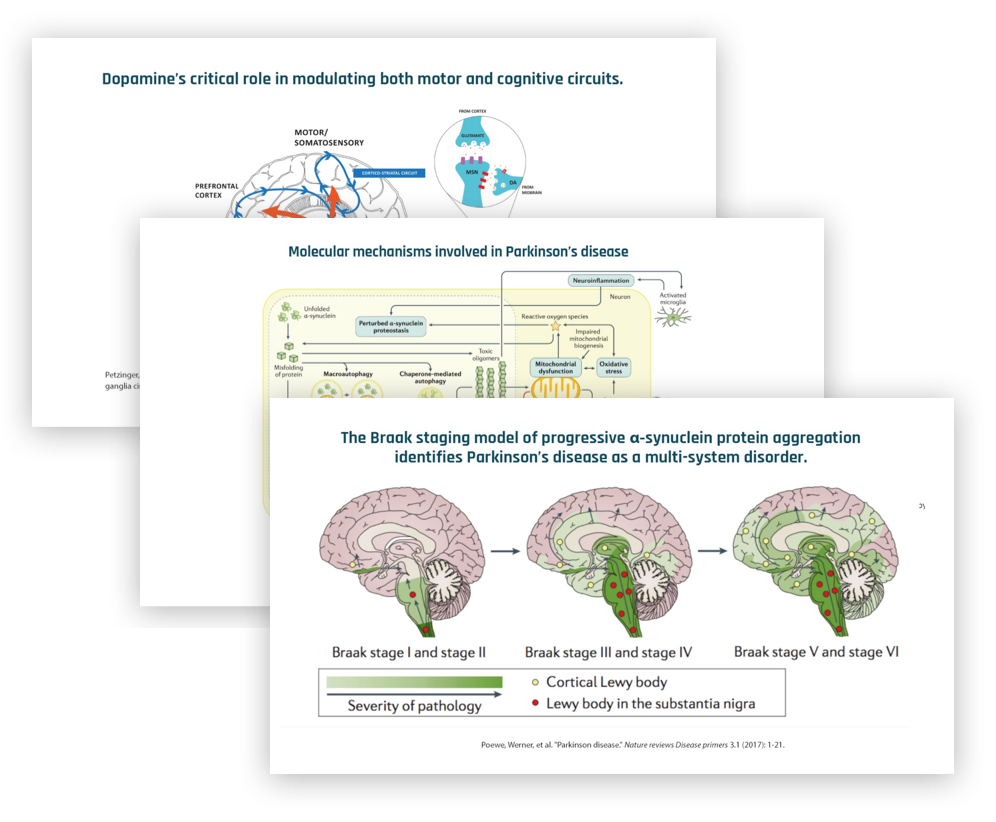



By becoming a member of FoundMyFitness premium, you'll receive the Science Digest every-other-week covering the latest in my exploration of recent science and the emerging story of better living — through deeper understandings of biology.

- Ketogenic diet, by replacing glucose with ketones as an energy source, lessens alcohol cravings among people with alcohol use disorders.
- Omega-3 fatty acids reduce the risk of cardiovascular disease-related death by up to 23 percent, especially in people with high triglyceride levels.
- Women see a 24 percent drop in premature death risk with just 140 minutes of weekly activity – half the time men need for similar benefits.
- Aging undermines the brain's capacity for maintaining working memory, with subtle declines in neuron activity and connectivity in the prefrontal cortex.
The time of day at which cancer treatments are administered is often set by clinic logistics, yet the body operates on its own biological clock. A team in China examined whether the time of day of first-line immunochemotherapy for an advanced stage of small cell lung cancer is associated with treatment outcomes.
Researchers retrospectively analyzed records from 397 adults treated for an advanced stage of small cell lung cancer. All patients received a programmed death ligand 1 (PD-L1) blocking antibody, either atezolizumab or durvalumab, plus platinum chemotherapy. The median start time of each patient's first four cycles was then used to sort them into early or late groups, defined as treatment administered before or after 3:00 pm.
Earlier treatments were linked to several better outcomes:
- Earlier treatment was tied to longer periods before the cancer worsened (progression-free survival). Patients treated before 3:00 pm had 7.6 months without progression compared with 5.8 months for later treatment. Statistical modeling showed this corresponded to about a 50% lower risk of progression during the study period.
- Patients treated before 3:00 pm lived a median of 18.4 months compared with 11.6 months for those treated later, corresponding to a 61% lower risk of death during the study period.
- About 82% of patients treated earlier in the day saw their tumors get smaller, compared with about 68% of those treated later.
- After accounting for key health factors to ensure the groups were comparable, the patterns still stayed the same or became even stronger.
PD-L1 is a protein tumors use to suppress T-cells through the PD-1 receptor. Research indicates that activity in this pathway and the presence of immune cells inside tumors vary across the day. Delivering PD-L1 blockade during a more favorable immune window may enhance benefit without altering drugs or doses.
Because the study relied on past records from a single center, included only a small number of people treated later in the day, and involved mostly men, it cannot show cause and effect, and its findings should be interpreted with caution. However, if future randomized trials confirm these results, treatment scheduling could become a practical lever for personalizing immunotherapy. In this clip, I share 10 science-backed strategies to reduce cancer risk.
Autism spectrum disorder (ASD) involves difficulties with social interaction and communication, but evidence on whether and how supplements might support treatment remains limited. Researchers in Taiwan tested whether a mixture of dietary nutrients could improve brain function and behavior in mouse models of autism.
The team studied male mice that carried a mutation in one of three autism-associated genes (Tbr1, Nf1, or Cttnbp2) along with littermates without the corresponding mutation. Some mice received a nutrient blend from the juvenile stage until they reached adulthood and completed the study's behavioral experiments, while others received the blend only during adulthood for a single week. In additional tests, each nutrient was also given on its own. The blend combined three nutrients: zinc, L-serine, and a mix of the branched-chain amino acids (BCAAs) leucine, isoleucine, and valine.
The nutrients improved several abnormalities in behavior and brain function:
- In mouse models of autism that received the nutrient blend for one week, several groups of brain proteins increased, including those that help nerve cells communicate with each other and manage their metabolism. Together, these changes made the overall protein pattern look more similar to that of mice without the mutation.
- The blend also lowered excessive activity of nerve cells in a brain region important for social behavior and made the cells' firing patterns look more normal during social encounters.
- Zinc, serine, or BCAAs alone did not change social behavior, whereas the blend improved social interaction with other mice.
- The long-term group did not undergo protein analysis or brain-activity imaging and was tested on a broader behavioral battery than the one-week group. They showed improved performance on a basic learning and memory task, spent more time interacting with another mouse and showed a stronger preference for social contact over an object, but their movement and anxiety-like measures stayed the same.
These findings suggest that the nutrient blend works, at least in part, by supporting the function and activity of synapses, the tiny contact points between nerve cells where signals are passed from one cell to receptors on another. Zinc helps organize the protein structures that anchor receptors and it also influences the activity and function of receptors that respond to the chemical messenger glutamate. L-serine can be converted inside the brain into D-serine, a molecule that helps those same receptors work properly. The BCAAs support the production of new proteins inside nerve cells and activate a growth-related pathway known as mTOR, which helps cells adjust their structure and function.
Much more work is needed before any conclusions can be drawn for patients with ASD. Nevertheless, the study suggests that adjusting nutrient levels could become one way to support brain circuits that are disrupted in certain forms of autism. In this clip, Dr. Jed Fahey describes the beneficial effects of sulforaphane in modulating the symptoms of autism and other brain disorders.
Age-related declines in muscle strength occur alongside rising burdens of heart disease and premature death, yet clinicians lack simple physical tests that identify the highest-risk patients. In a new study, a research team asked whether a quick measure that combines handgrip strength with body weight could help close this gap.
The investigators analyzed data from more than 10,000 U.S. adults and over 11,000 Chinese adults. They calculated a grip strength-to-weight ratio by adding the strongest reading from each hand and dividing it by the participant's body weight. Participants were grouped into four categories based on this ratio and followed for several years to track deaths. Cardiovascular disease was captured at the start of the study through standardized questions about previous medical diagnoses.
Here's what the researchers observed:
- Across both cohorts, adults in higher grip strength-to-weight quartiles had substantially lower rates of death from any cause than those in the lowest quartile, with the highest quartile showing a 73% lower risk in U.S. adults and nearly a 47% lower risk in Chinese middle-aged and older adults.
- In U.S. adults, the same pattern held for deaths from cardiovascular causes, with the highest quartile having a 79% lower risk than the lowest quartile.
- People in the higher quartiles had roughly a 30 to 40% lower prevalence of cardiovascular disease than those in the lowest quartile.
- In dose–response analyses, the risk fell sharply as the ratio increased from low values and then leveled off once a moderate level was reached, with protective effects beginning around 0.9 in the U.S. and 1.06 in China, and little further benefit beyond those points.
- When the U.S. cohort was divided by age and sex, grip strength-to-weight predicted mortality and cardiovascular disease only in adults aged 45 years and older, and associations tended to be stronger in men than in women.
These results suggest that the grip strength-to-weight ratio reflects aspects of muscle quantity and function that relate closely to cardiometabolic health. Skeletal muscle is a major site for glucose use and influences inflammatory signaling, so a low ratio may reflect poorer metabolic control and persistent low-grade inflammation, which in turn can promote cardiovascular events and early death.
The exclusion of people with missing grip strength or mortality data may have skewed the results, and differences in measurement protocols plus the observational design limit causal interpretation. Still, adding the grip strength-to-weight ratio as an inexpensive, non-invasive measure in routine clinical assessments could help clinicians identify higher-risk middle-aged and older adults who may benefit from strength training and other lifestyle interventions. Episode #78 of the FoundMyFitness podcast features a conversation between Dr. Brad Schoenfeld and me on using resistance training to improve strength, enhance body composition, maximize hypertrophy, and train efficiently.






















